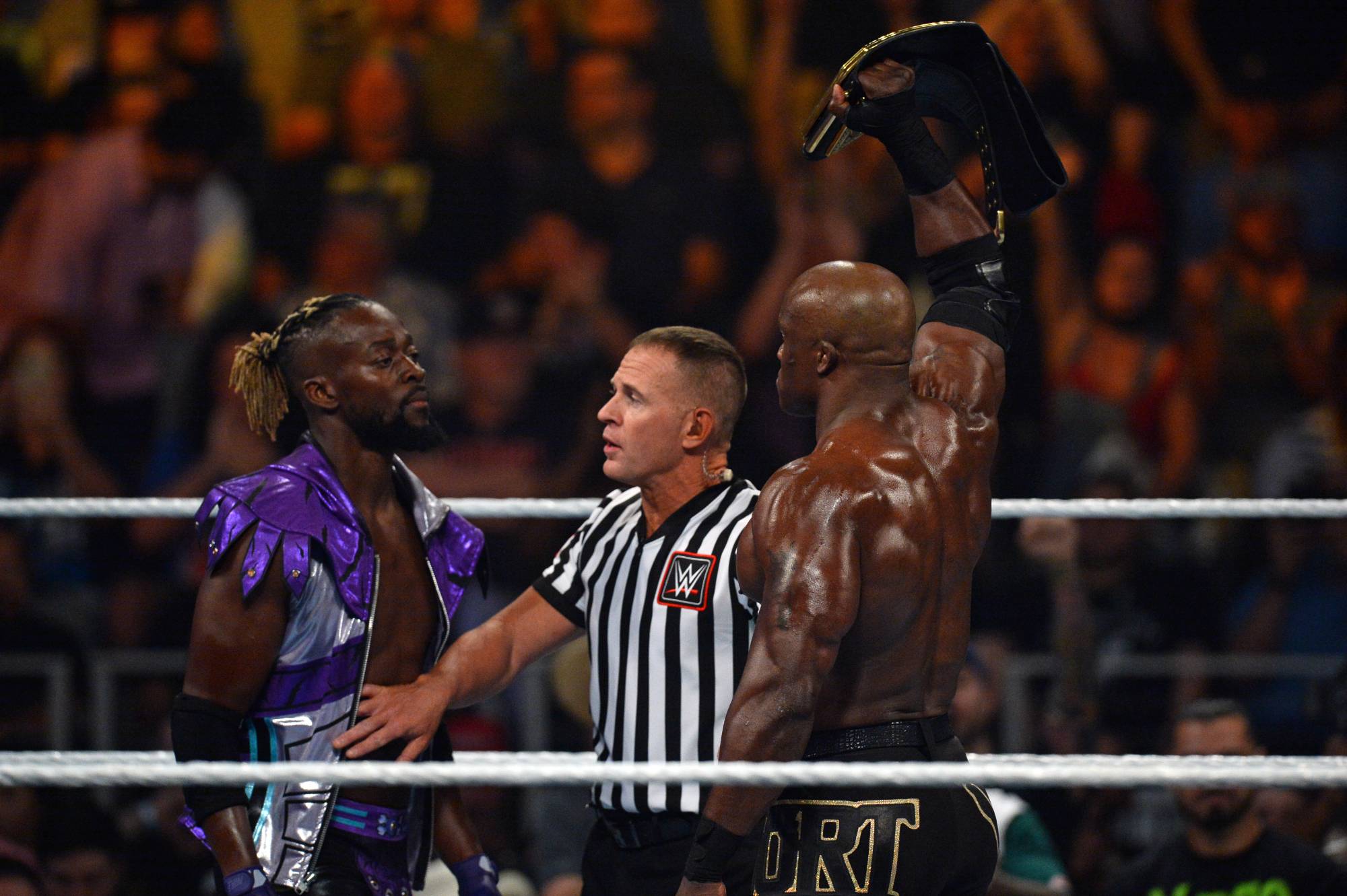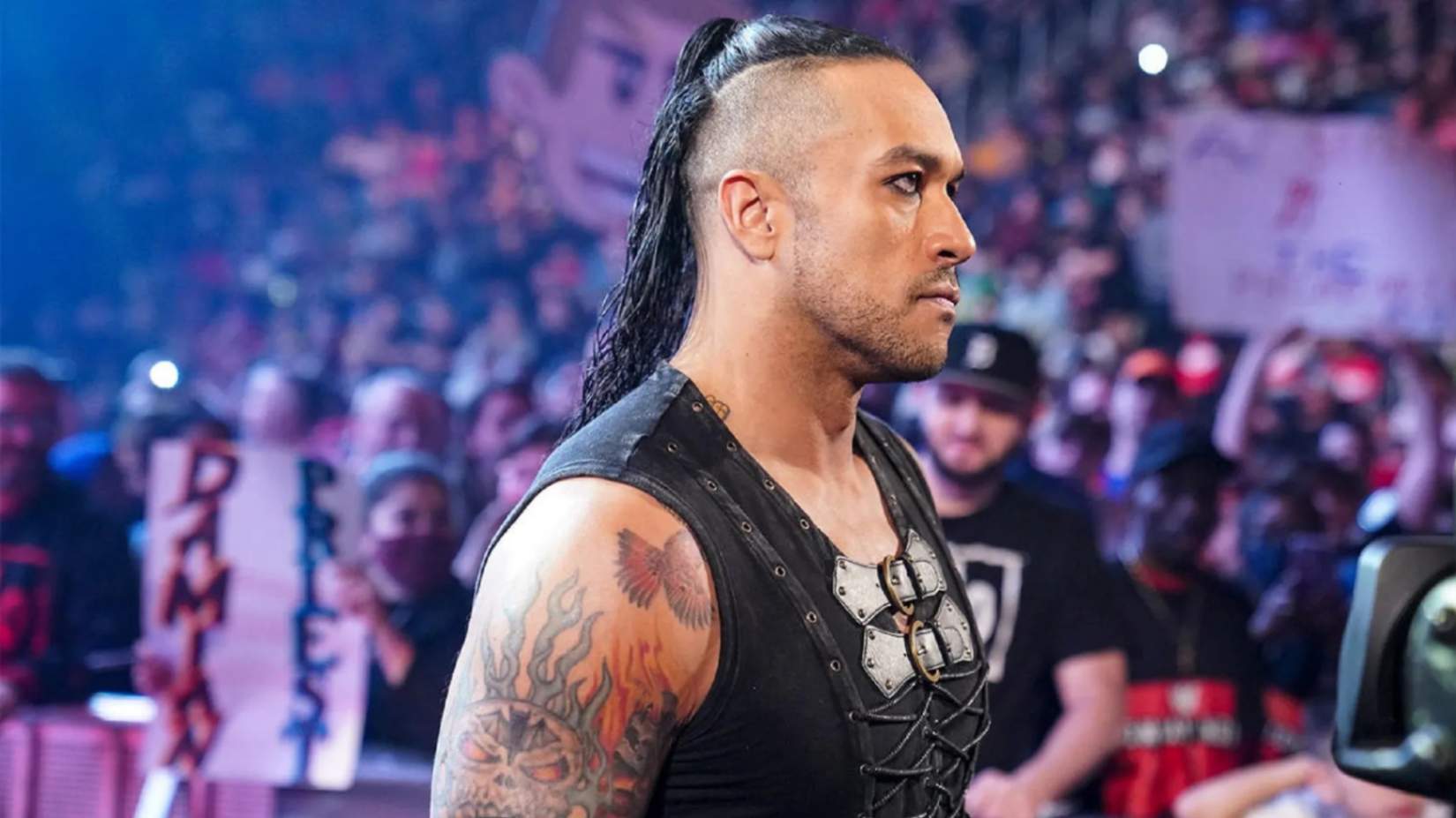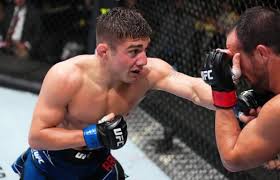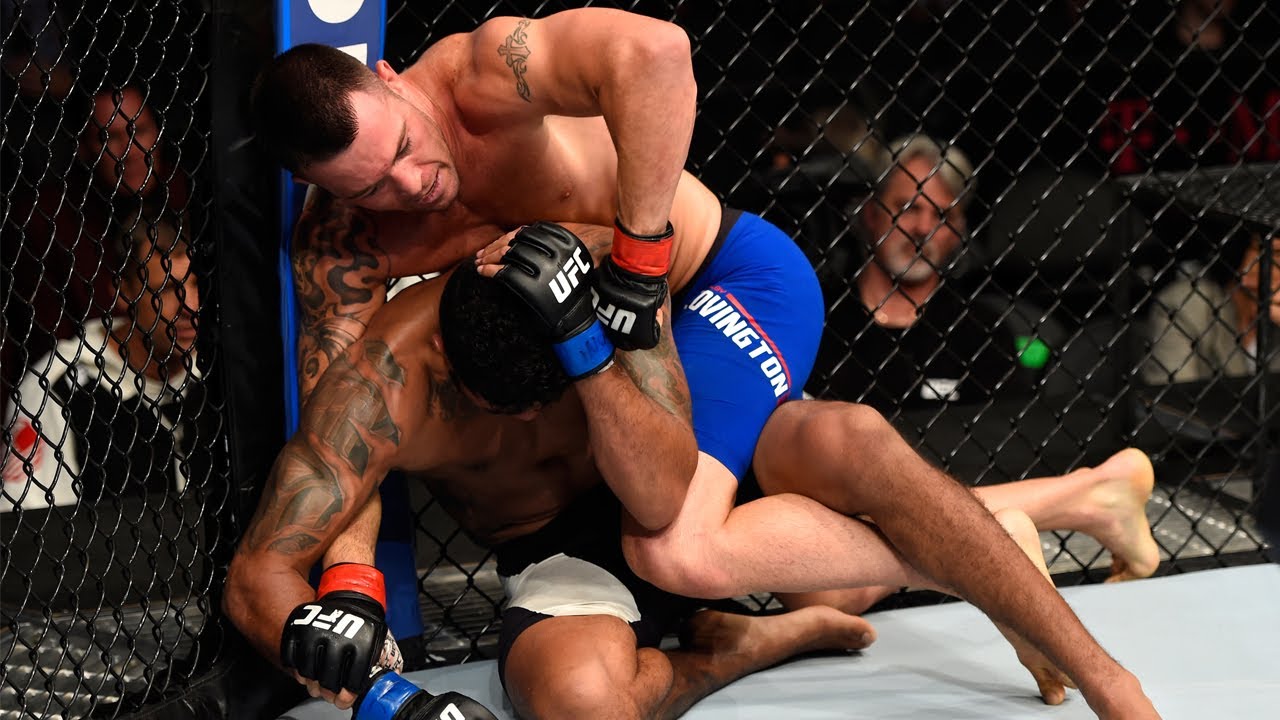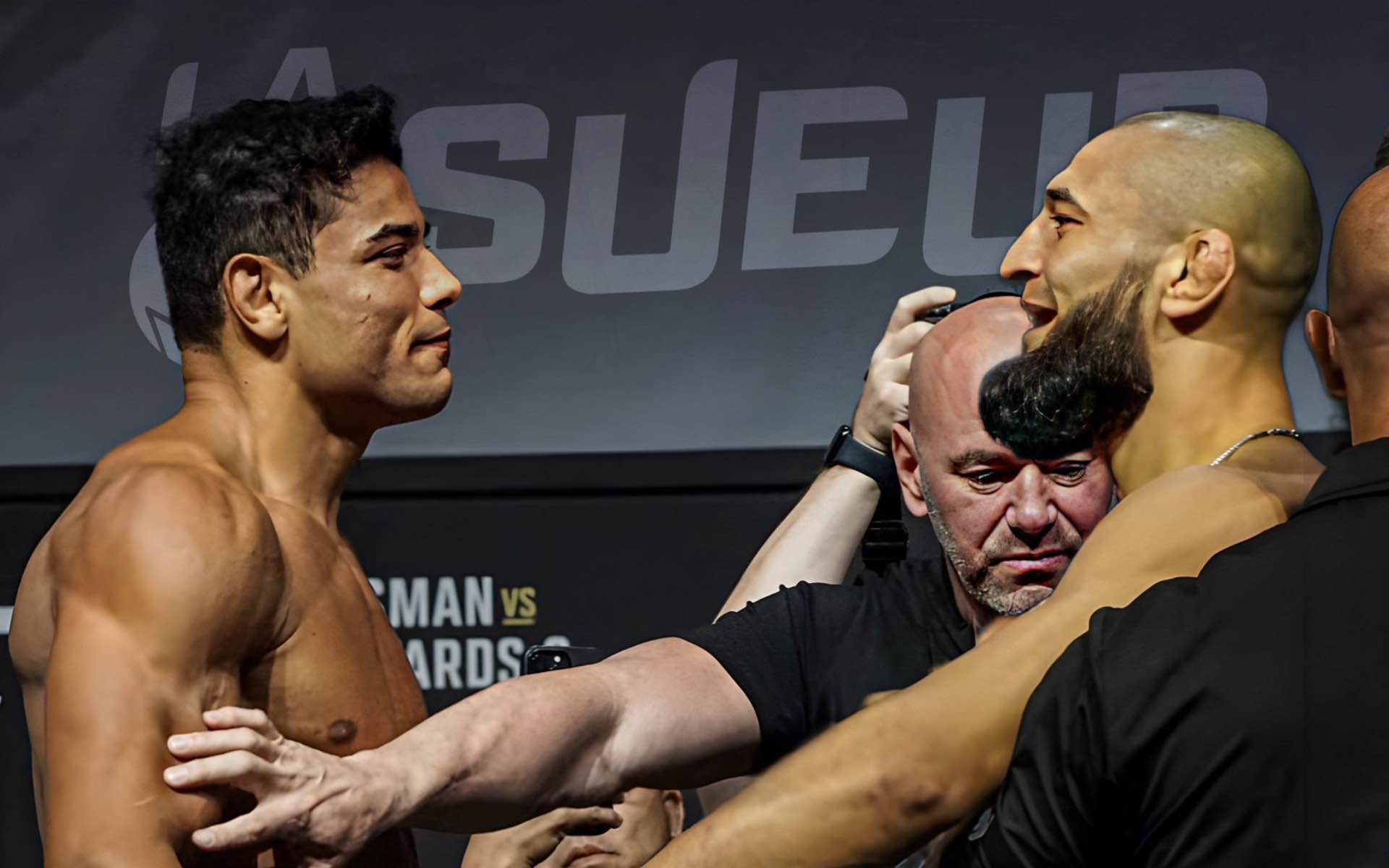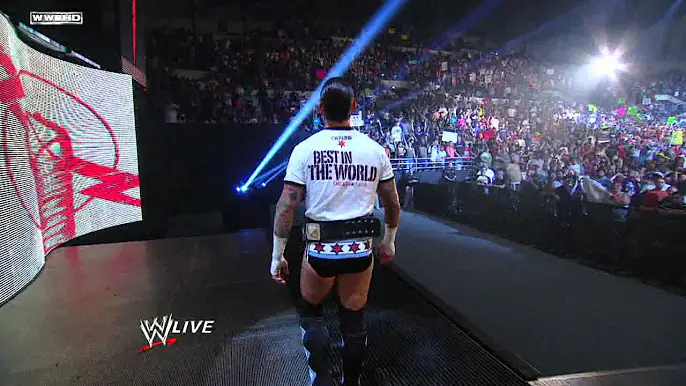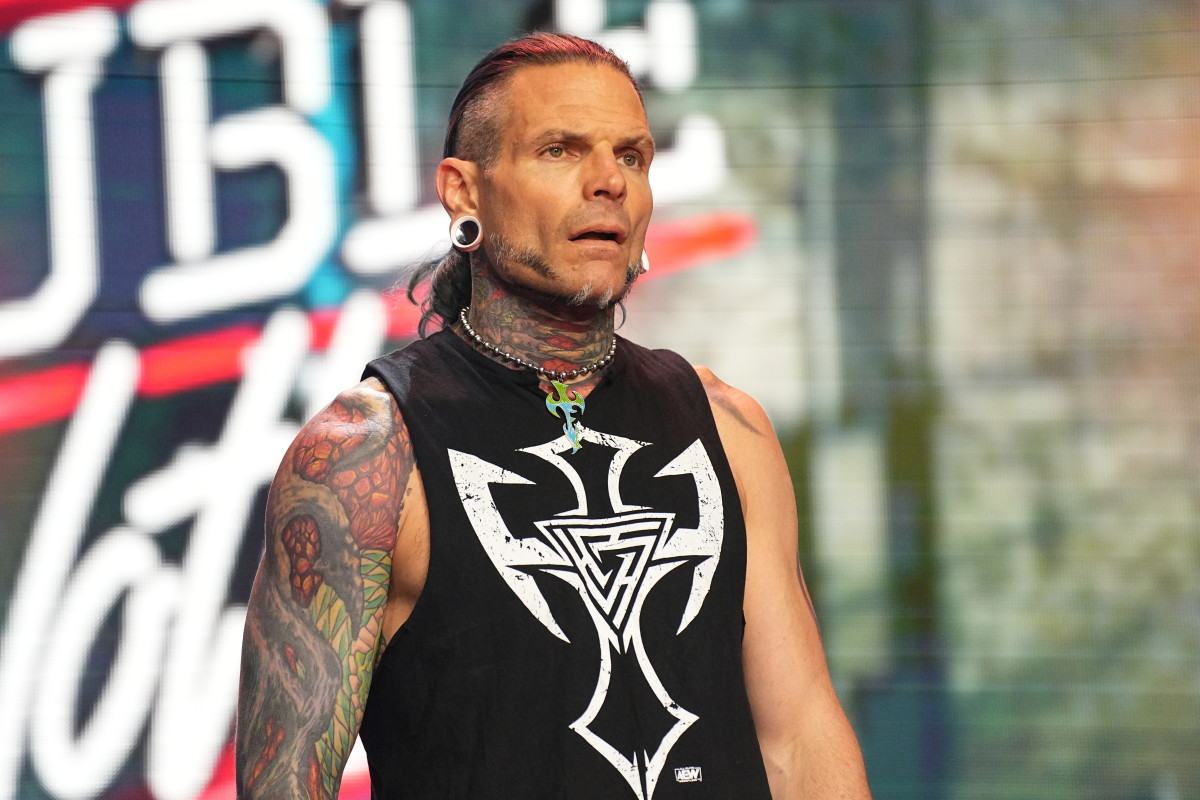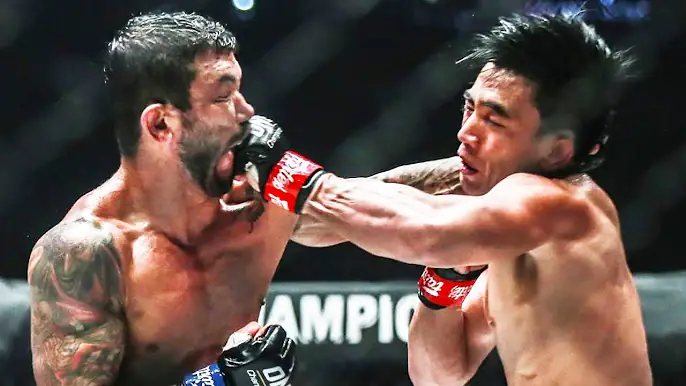UFC’s Most Debatable Decisions: Fights That Left Fans Divided
There are few sports more defined by their unpredictability than mixed martial arts (better known as MMA), particularly in the Ultimate Fighting Championship realm. Although much of the sport is settled within its octagon, judges’ scorecards serve as a second battlefront in these immortal cases, and their results do not infrequently spark an age-old war on talk shows like UFC Tonight. Throughout the years, a number of UFC fights have been decided by controversial decisions, and this has led many people to review what factors judges consider in scoring, their implementation of the 10-point must system, and controversy about how fair or even-handed things actually are. What are the top five most controversial decisions in UFC history, and what happened after those fights—both inside and outside of the octagon?
- Georges St-Pierre vs. Johny Hendricks (UFC 167)
The Fight
Georges St-Pierre (GSP) vs. Johny Hendricks (UFC 167, Nov. 16}) St-Pierre was a dominant champion, known for his complete game and versatility, while Hendricks had his wrestling skills combined with amazing knockout power. It was a highly anticipated bout, with many predicting it to be close and competitive.
The Controversy
The bout was everything that it promised to be, with both fighters having their moments there. Hendricks connected some significant strikes and won a number of grappling exchanges; even so, St-Pierre managed to land enough to clearly cause considerable harm. Even though it looked like he had done more than enough to successfully defend his strap, St-Pierre was awarded a split decision win with judges’ scores of 48-47, 47-48, and 48-47.
The Fallout
The announcement was met with instant blowback from fans, fighters, and analysts alike, who thought that Hendricks had done more than enough to win the decision. UFC President Dana White was vocal, telling ESPN that the best commission in mixed martial arts didn’t do its job and calling for immediate updates to the judging system. The controversy opened up old debates about the 10-point must system and what is or isn’t a successful way to score fights, with one of the major arguments always being that damage counts more than control.
- Lyoto Machida vs. Mauricio “Shogun” Rua (UFC 104)
The Fight
Better than most is UFC 104, where on October 24, 2009, Lyoto Machida defended his light heavyweight title against Mauricio “Shogun” Rua. The elusive karate-based style of Machida faced the aggressive striking and submissions of former PRIDE champion Shogun Rua.
The Controversy
Rua took the fight to Machida, and throughout their five-round bout, Rua was deeply effective in attacking Machida’s legs and body. Strikes landed clean against his foe, engulfing Rua’s win. Just about every single person watching believed Rua had done enough to take Machida’s belt. Machida, however, earned a unanimous-decision win on all three judges’ scorecards, 48-47 across the board.
The Fallout
The decision was much maligned in the court of public opinion, as numerous fans and media members outright stated that Rua rode to an improbable victory. The controversy sparked a rematch at UFC 113, in which Rua won by first-round knockout to become the undisputed light heavyweight champion. The controversy merely underscored mismatches between the judges, inconsistencies, and blurriness of scoring guidelines.
- Michael Bisping vs. Matt Hamill (UFC 75)
The Fight
Michael Bisping vs. Matt Hamill at UFC 75 on September 8, 2007 (light heavyweight) Bisping was the home country favorite as he fought in England, and Hamill presented a formidable opponent with his wrestling background.
The Controversy
It was a closely contested bout, with Hamill leveraging his wrestling to dictate Bisping while also landing some strong shots. Nevertheless, Bisping was declared the winner after a split decision ruled 29-28, 28-29, and then finally 29-28 again.
The Fallout
It was an extremely divisive decision, with many feeling Hamill deserved the victory. Some felt the contentious nature may have been due to hometown bias in England. The controversy also demonstrated the inherent difficulty of scoring fights in which neither fighter destroys enough to proclaim a victor and raised further questions about perceived home-town bias in MMA.
- Nick Diaz vs. Carlos Condit (UFC 143)
The Fight
February 4, 2012, Nick Diaz vs. Carlos Condit for the interim welterweight title (UFC 143) Diaz, who combines relentless pressure with slick boxing, goes against Condit, a versatile striker who has a reputation for finishing fights.
The Controversy
The fight served as a tactical showdown. Condit was on the run for much of the night, avoiding Diaz’s notorious pressure boxing while moving to catch him with counter punches. Diaz, a fan favorite who was the aggressor and in control of the center cage, was widely considered to have won scorecards based on that. Condit was declared the winner via unanimous decision (48-47, 49-46, and 49-46).
The Fallout
There was much outcry at the decision, with many believing that Diaz, due to his constant pressure, should have taken it. That controversy certainly underscored the fact that scoring is an inherently subjective component of this violent sport, especially when one tries to balance aggression with effective striking. Diaz also briefly retired due to a lack of big fights, but later came back.
- Dominick Reyes vs. Jon Jones (UFC 247)
The Fight
Jon Jones defended his light heavyweight title against Dominick Reyes on Feb. 8, 2020, at UFC 247. Reyes brought knockout power as well as athleticism to the game, making him a dangerous threat against Jones, one of the greatest fighters ever.
The Controversy
Reyes looked fierce early, taking the first two rounds with strong striking and good movement. Jones, who has been flexible as a fighter through the years, dug in to win the later rounds. Jones took home the unanimous decision victory with scores of 48-47, 48-47, and a bafflingly lopsided card at 49-46, despite Reyes taking him to the brink in one of his most fan-friendly starts.
The Fallout
The scoring was quickly scrutinized, as a large contingent of fans and analysts felt Reyes captured the first three rounds to earn victory. The 49-46 card, in particular, was criticized. The controversy rekindled dissatisfaction with the scoring system, what to look for in a routine, and how much of it should be seen.
Honorable Mentions
Frankie Edgar vs. B.J. Penn (UFC 112)
Perhaps the most highly debated match took place in April 2010 at the UFC 112 event, when Frankie Edgar went head-to-head with B.J. Penn for the UFC Lightweight Championship. Edgar was a decided favorite coming into the bout against Penn, who was rated as one of the best pound-for-pound fighters at the time. In five rounds, Edgar was able to evade the attacks of Penn through speed and mobility; however, a majority of the audience, including some of the fighters and the analysts, concluded that Penn won due to his strikes and takedown defense. As the judges’ decision was unanimous, 50-45, 48-47, and 49-46 in favor of Edgar, the MMA community was immediately split into arguments. However, the fight was followed by another fight between the two, which Edgar was able to win more decisively.
Robbie Lawler vs. Carlos Condit (UFC 195)
One of the most memorable decisions made in the last few years was a welterweight title fight between Robbie Lawler and Carlos Condit at UFC 195 in January 2016. The fight was really intense and went on for five rounds. Both fighters traded heavy punches and kicks and took some serious beatings. Lawler was wobbled by the punches, and Condit was especially good with his volume striking and outstruck Lawler in some of the rounds. However, one had to appreciate Lawler’s strong blows and aggression, especially in the fifth round. The ringside judges gave Lawler the fight with scores of 48-47, 47-48, and 48-47, which angered many MMA fans and analysts who believed that Condit deserved the belt.
Joe Lauzon vs. Jamie Varner (UFC 155)
In the main event of the night at UFC 155 that was held in December 2012, Joe Lauzon was scheduled to face Jamie Varner in a bout in the lightweight division, and the fight was said to end in a highly disputed decision. The match was intense, and Varner, who was able to control much of the cage with his wrestling and striking, fought against Lauzon, who in turn tried to submit him with his grappling and submission attempts. However, the judges gave the victory to Lauzon through a split decision in the following order: 29-28, 28-29, and 29-28. This decision was not well received, as many others felt Varner had done enough to get the win.
Demetrious Johnson vs. Ali Bagautinov (UFC 174)
The fight for the flyweight title between Demetrious Johnson and Ali Bagautinov in June at UFC 174 led to Johnson’s unanimous victory. The result was not an issue of contention, but the way they arrived at the score during the match was contentious. All three judges had Johnson as the winner of the fight, but two of them scored 50-45, while the third judge scored 49-46 for Bagautinov. Many considered that round to be with Bagautinov, but it was not. This development of judging inconsistency led to some questions concerning the criteria and how the judges came to their decisions, and this precipitated the need for better judging criteria in the industry.
Sanchez vs. Pearson (UFC Fight Night 42)
Definitely one of the most questionable moments in the UFC’s history took place during UFC Fight Night 42 on June 28, 2014, when Diego Sanchez was to fight Ross Pearson in a lightweight match. Pearson was aggressive in the fight, connected with better punches than Lopez, and dictated the range. But the judges at ringside, to the surprise of the partisan crowd and most ring analysts, gave the fight to Sanchez by a split decision of 30-27, 29-28, and 27-30. The decision was considered one of the worst in UFC history, and many people began to demand changes in the judging system.
The Impact of Controversial Decisions on MMA
Changes in Judging and Scoring
Controversial decisions have prompted calls for reform in judging and scoring. Proposals have included:
Open Scoring: After each round, the judge’s score will be revealed to ensure fighters have a more transparent picture of how they are performing throughout the fight.
Judging Education: Better development in the expanse of training for judges in MMA techniques and strategies.
Unified rules modifications: restructuring the clear explanation of damage, control, and aggression in the scoring criteria for MMA.
Fighter Reactions and Career Trajectories
Controversial decisions can significantly impact fighters’ careers, influencing their:
Record and Legacy: A controversial loss or win can affect a fighter’s record and their legacy in the sport.
Title Opportunities: Controversial decisions can delay or expedite title shots and rematches.
Public Perception: Fans’ and analysts’ perceptions of fighters can be shaped by controversial outcomes, affecting their popularity and marketability.
Fan engagement and interest
Yes, contentious calls can be annoying, but they also add to the storylines and juicy narratives that keep us hooked. Fans debate and go back and forth regarding these decisions, falling deeper into the UFC narrative.
It is a tradition in combat sports that there are always disputes over decisions, and there are quite enough of them to create a Top-20 of them solely based on everything that happened in the UFC. They are the kind of decisions that tend to cause the most debate and which serve as a constant reminder of just how complex the issue of judging in MMA can be. This has been an issue of debate for the entire Strikeforce/UFC since the time Zuffa took over and yes, there can be improvements to make, but judging will always be a matter of opinion.
These judgments in UFC history show that the judging of MMA is relative and the problems that it poses to sporting activity. Such contentious outcomes lead to calls for better judging standards, more awareness of the judging process, and the incorporation of technology in the judging process. However, they help to evaluate the process of fighting and contribute to the popularity and interest in MMA.

